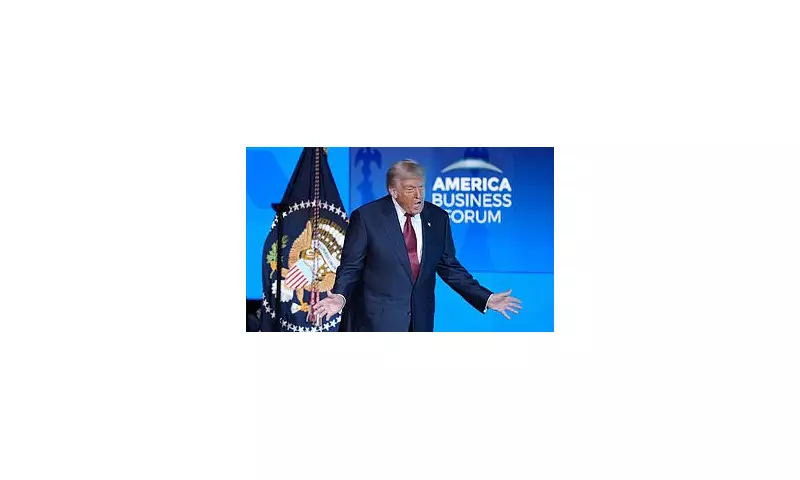
In a dramatic turn of events that has sent shockwaves through academic circles, Republican lawmakers cancelled a planned meeting with one of Oxford University's most distinguished professors after intervention from Donald Trump's campaign team, who labelled the academic a 'communist'.
The Abandoned Oxford Meeting
A delegation of Republican representatives had scheduled what promised to be a significant discussion with Professor Mahmood Mamdani at the prestigious Oxford University. The meeting, intended to foster diplomatic and academic exchange, was unexpectedly called off following direct communication from Trump's inner circle.
Sources close to the situation reveal that the former president's team specifically instructed Republican officials to avoid any engagement with Professor Mamdani, citing his political leanings and academic perspectives as incompatible with their values.
Who is Professor Mahmood Mamdani?
Professor Mamdani, the Herbert Lehman Professor of Government at Columbia University and director of the Makerere Institute of Social Research in Kampala, is no ordinary academic. Born in Uganda and educated in the United States, he has built an international reputation through his groundbreaking work on colonial history, human rights, and political theory.
His appointment as Oxford University's prestigious Isaiah Berlin Lectureship earlier this year marked a significant honour in the academic world, though it appears this very recognition may have drawn unwelcome political attention.
The 'Communist' Accusation
The labelling of Professor Mamdani as a 'communist' represents the latest escalation in the ongoing culture wars that have increasingly targeted higher education institutions. Critics argue that such characterisations oversimplify complex academic viewpoints and threaten the fundamental principle of academic freedom.
Professor Mamdani's work, particularly his critiques of Western intervention in Africa and his analysis of colonial legacies, has occasionally drawn controversy, though many scholars defend his right to pursue challenging research questions.
Academic Community Reacts
The incident has sparked concern among academics and free speech advocates on both sides of the Atlantic. Many see this as part of a worrying trend where political considerations are increasingly influencing academic engagement and intellectual exchange.
Oxford University colleagues have expressed disappointment that a valuable opportunity for cross-cultural dialogue was lost due to what they describe as political posturing rather than genuine engagement with ideas.
Broader Implications
This incident raises important questions about the relationship between politics and academia, particularly as the 2024 US presidential election approaches. The cancellation suggests that Trump's influence over Republican foreign policy engagements remains strong, even when it involves international academic institutions.
Furthermore, it highlights growing tensions between conservative political movements and higher education establishments, a rift that appears to be widening as cultural battles intensify.
The academic community now watches closely to see whether this represents an isolated incident or the beginning of a broader pattern of political intervention in scholarly exchange.






